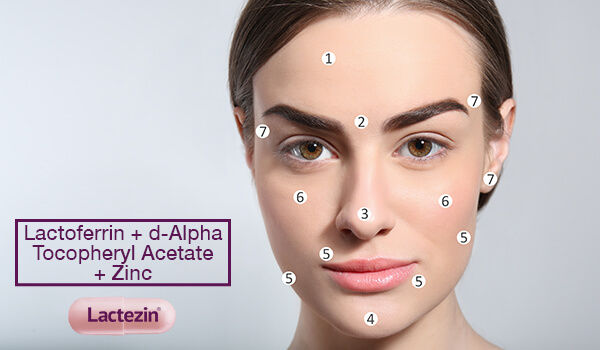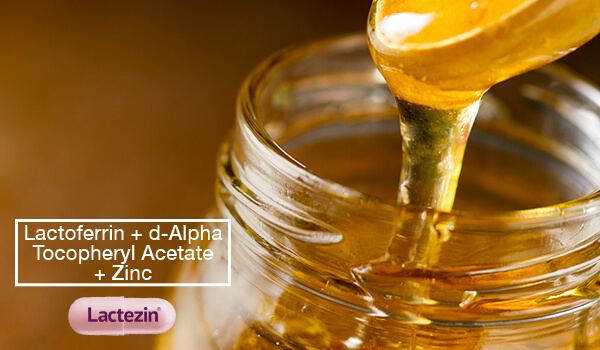Skincare for Changing Weather: Why You Should Update Your Routine

Notice how your skin can feel tight and dry in the wet, rainy season, and oily or greasy in summer? Yes, the weather and its transition from one to another, affects how your skin looks and behaves! Read on to learn more about it, along with suggestions on updating your skincare habits to a weather-apt routine!
How Skin is Affected by the Weather
Fact: the skin likes consistency. When factors such as your skincare products or habits suddenly change, the skin is triggered to adapt. The same is true with the weather. Here’s how the skin reacts as the weather transitions to warm and cold and vice versa.
From warm to cold weather
A drop in temperature and humidity means a drop in hydration. When the seasons transition from the hot and dry days of summer to the cool, windy and wet ones of the rainy season, the skin starts to dry, which, if not acted on, may lead to flaky, itchy, irritated skin with a sensation of tightness. In some people, this sudden drop in hydration may also cause skin’s sebaceous glands to double up on the production sebum (oil). And where there’s too much oil, acne follows.
From cold to warm weather
Sweat, sunburn and an overproduction of oil. These are three summer staples that can wreak havoc on your skin. Aside from a greasy feel to your skin, summer is the prime season for acne and breakouts as the shoot-up in humidity worsens sebum production. The sweltering heat also tends to open up pores, making your skin vulnerable to acne-causing debris and bacteria.
It’s important to note that it’s not only the change in temperature and humidity that causes skin woes when the weather changes. It also has to do with the subsequent lifestyle changes such as taking hot showers and using the wrong products.
Consistency is Key: Adapt & Adopt
While there’s nothing you can do about the weather, regularly switching up your skincare habits may be beneficial. Be consistent with adapting to the weather and adopting new skincare practices to ensure that your complexion stays in tip-top shape. Check out (and consider) these general skincare changes.
-
Remember to change your cleansers and other products according to how your skin responds to the weather. If your skin is suddenly oily, cleansers with glycolic acid helps by cutting through the oil and penetrating pores.
-
A toner helps with cleaning off dirt that may not have been removed through cleansing. Look for an alcohol-free variant to help with managing excess sebum without drying.
-
Eat up and use up antioxidants. Foods, moisturizers and serums with vitamins A, C and E can help in neutralizing free radicals that damage your skin and speed up ageing.
Here are more season-specific skin care suggestions.
Skincare Habits and Practices for Dry Season
-
Lighten up on your products. Just like your wardrobe for the season, light, breathable layers are best for your skin. Switch your heavier cleanser for a gentle, foaming option or one with salicylic acid.
-
Thicker moisturizers can lead to clogged pores, inflammation, and acne. Opt for water-based moisturizers and don’t forget to put on sunscreen before heading out. Using a combined moisturizer and sunscreen helps lighten your skin care routine further.
-
As mentioned earlier, heat can open up pores which then may trap dirt and may cause breakouts. So, regularly free up blocked pores by incorporating more exfoliation in your skincare routine.
-
Go through your usual makeup and use only those that are labeled non-comedogenic. This label means that the makeup product is formulated to not cause blockage on pores.
Skincare Habits and Practices for Cold Season
-
As they may further dry the skin, avoid hot water and limit showers to no more than 5 minutes.
-
Never skip on moisturizing! Go for thick and creamy options with glycerin, ceramides and hyaluronic acid. Experts suggest applying oil first before spreading a layer of rich moisturizer.
-
Consider adding a hydrating serum into your regimen as well.
-
Forget exfoliation. Especially if your skin is really dry, as this may only damage your skin further. But if your skin is hydrated enough, exfoliating once a week should be fine.
An Extra Step to Keeping the Pimples Away
Go the extra but sure mile of keeping pimples at bay. Lactezin is an oral over-the-counter anti-acne drug with lactoferrin, vitamin E and zinc that help with treating the damage caused by acne, repairing and protecting skin cells, and regulating the production of sebum.
With regular intake of two capsules daily, Lactezin helps lessen pimples and supports getting clearer skin in as early as 2 weeks!
Rain or shine, paying attention to your skin’s health and reaction is a must if you wish to keep it healthy and clear of blemishes. Get your acne questions answered with expert pimple care tips and advice, only from Lactezin.
Lactoferrin + d-Alpha Tocopheryl Acetate + Zinc is the generic name of Lactezin. If symptoms persist, consult your doctor.
SOURCES:
https://www.garnierusa.com/tips-how-tos/how-to-adapt-your-skin-care-routine-to-a-different-climate
https://dermcare.us/weather-complexion/
https://www.allure.com/story/how-seasons-weather-affect-skin
https://www.huffpost.com/entry/winter-skin-tips_n_5a53e784e4b003133ecb658c
https://www.allure.com/story/summer-skin-care-tips-from-dermatologists


